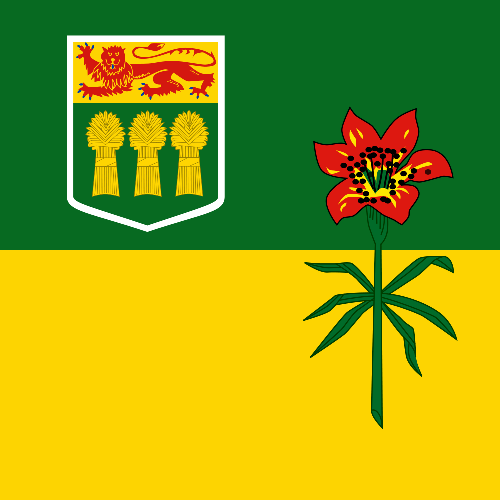Experiment with a variety of text forms (e.g., debates, meetings, presentations to unfamiliar audiences, poetry, précis, short script, advice column, video documentary, comic strip) and techniques (e.g., tone, persona, point of view, imagery, dialogue, figurative language).
| (a) |
Prepare compositions (including essays), reports, presentations, and inquiry or research projects with adequate detail for audience understanding. |
| (b) |
Experiment with and use memorable language effectively. |
| (c) |
Experiment with different personas. |
| (d) |
Seek out teachers, peers, and others with specific strengths for writing conferences. |
| (e) |
Design and publish documents by using publishing software and graphics programs. |
| (f) |
Write clear and focused narrative, descriptive, expository, and persuasive essays (at least 1,500 words). |
| (g) |
Write response to texts to demonstrate a comprehensive grasp of the significant ideas of literary texts and support important ideas and viewpoints through accurate and detailed references to the text, and demonstrate awareness of the author's use of language. |
| (h) |
Apply knowledge and strategies for composing pieces in a variety of forms/genres (e.g., descriptive, narrative, expository, persuasive, poetic, script). |
| (i) |
Write texts that relate clear ideas or events in a coherent manner using specific details. |
| (j) |
Create narrative texts (e.g., personal narrative, short story) as follows:
|
| (k) |
Create expository, informational, and procedural texts (e.g., a research report, a consumer letter) as follows:
|
| (l) |
Create descriptive texts (a profile of a character) as follows:
|
| (m) |
Create persuasive texts (e.g., a persuasive essay, a letter to the editor) as follows:
|
| (n) |
Experiment with a variety of forms (e.g., poetry, letters, short scripts, advice column) and techniques (e.g., tone, point of view, imagery, dialogue, figurative language). |


- Ask Artists Episode 5: “Out Loud” Songwriting (Part 1: Meet The Artist) - Lancelot Knight
- Ask Artists Episode 5: “Out Loud” Songwriting (Part 2: About Songwriting) - Lancelot Knight
- Ask Artists Episode 5: “Out Loud” Songwriting (Part 3: Writing a Song) - Lancelot Knight
- Ask Artists Episode 5: “Out Loud” Songwriting (Part 4: Performance - Big Fish) - Lancelot Knight




